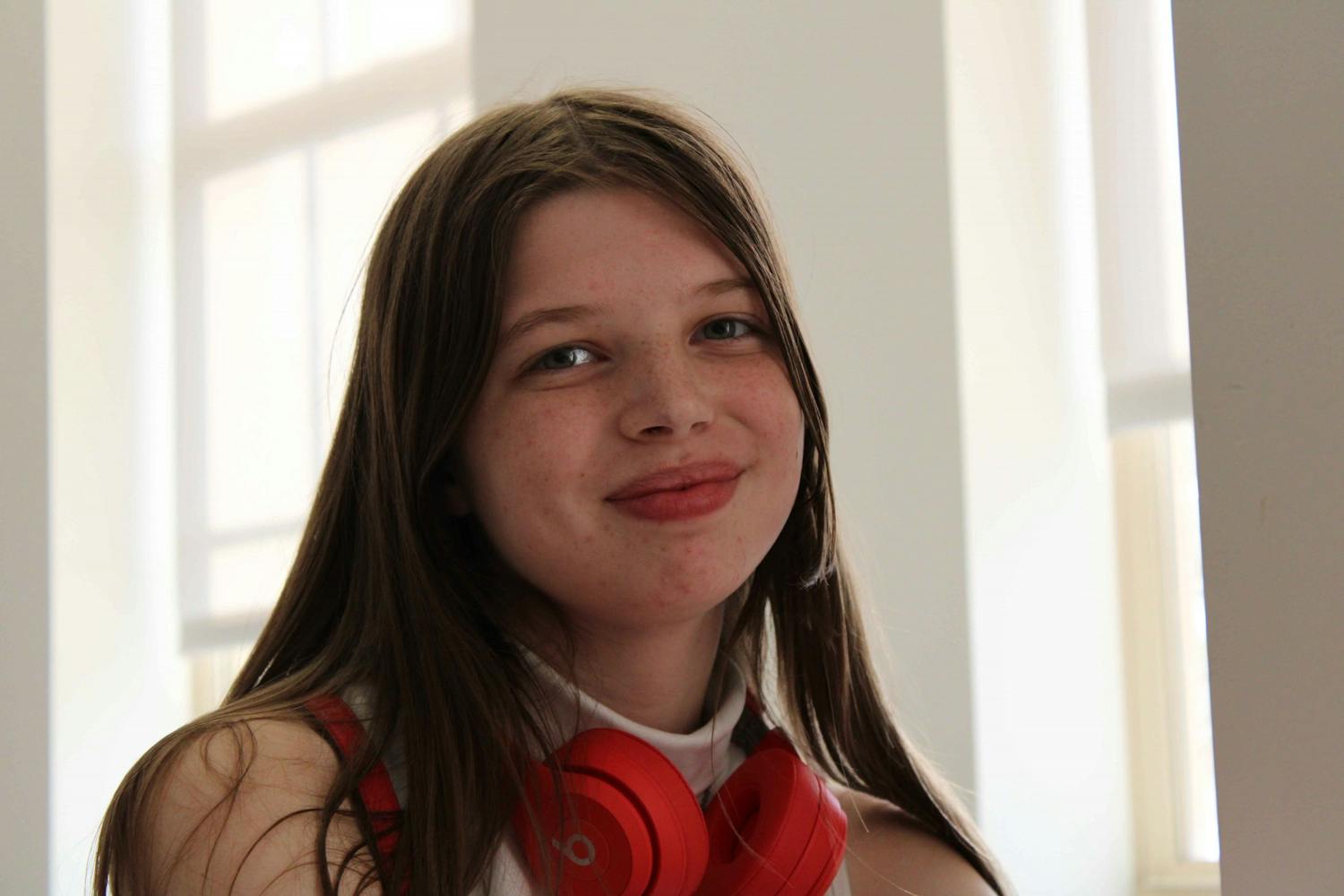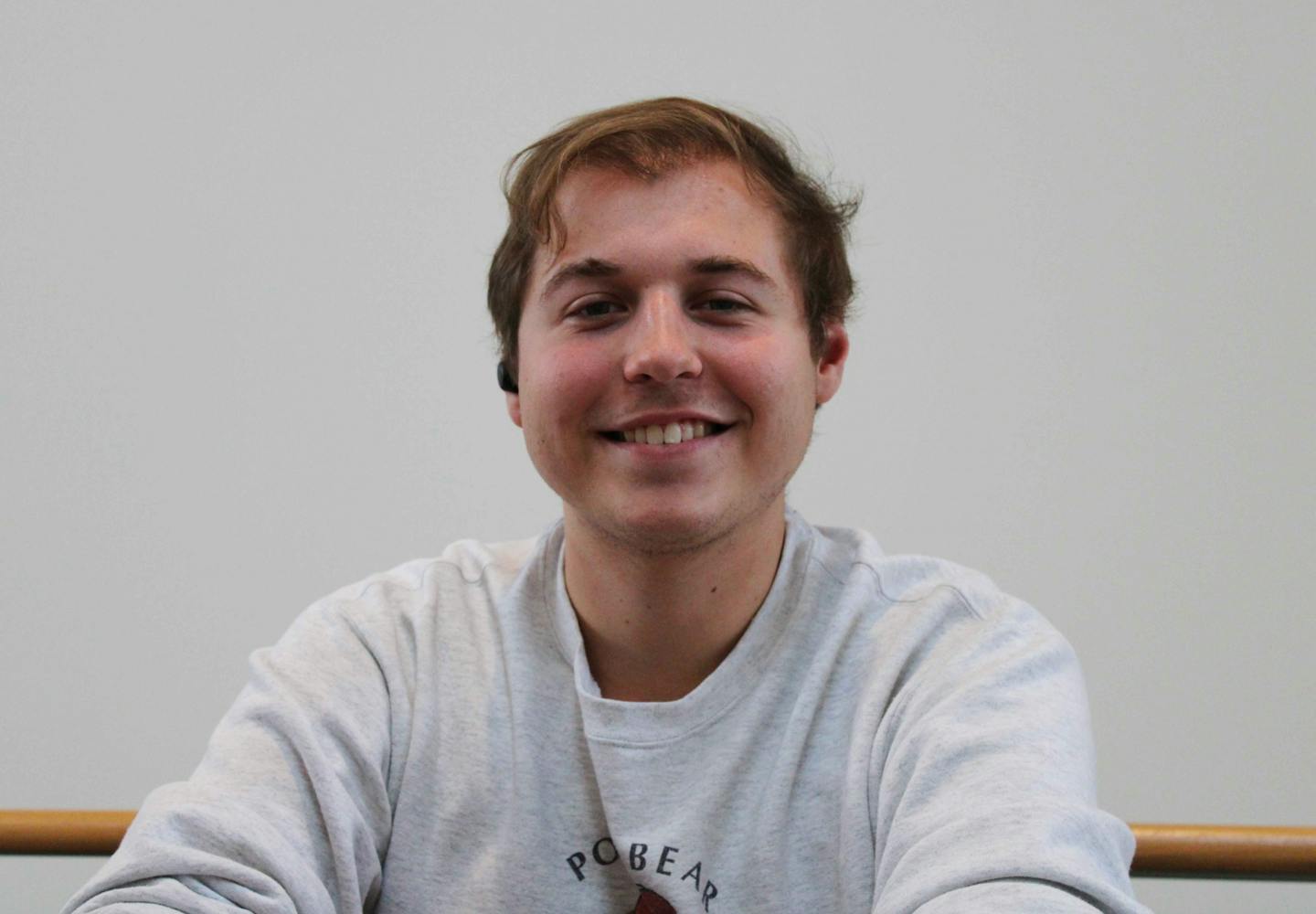On Oct. 31, the U.S. Supreme Court will hear two cases on the use of affirmative action in university admission processes, “Students for Fair Admissions versus Harvard University and Students for Fair Admissions versus University of North Carolina (UNC).”
According to the Legal Information Institute, affirmative action is “a set of procedures designed to; eliminate unlawful discrimination among applicants, remedy the results of such prior discrimination and prevent such discrimination in the future.”
Supporters of affirmative action in university admissions argue that it promotes diversity and equity, especially on campuses where students of color are underrepresented. Those against affirmative action say it can lead to “reverse discrimination” and admitting students who are underqualified.
Miami University’s Office of Equity and Equal Opportunity (OEEO) facilitates an affirmative action plan for women, minority and/or disabled students and employees. The policy strictly prohibits discrimination.
Though Miami uses the practice, affirmative action is still a divisive issue on its campus.
Organization response
Grant Balzer, sophomore political science major and a member of Miami’s College Republicans’ fundraising committee, said his organization hopes the Supreme Court will prevent affirmative action in public universities.
“Institutions of education should focus on other aspects of the student, such as their merit or financial situation, rather than base admission and financial aid on race,” Balzer said. “Affirmative action completely defies the principles of an equal, fair and unbiased society and leaves room for a slippery slope that could very well lead to racism against a particular group.”
Harper Sutton, president of Feminists Working On Revolutionary Democracy (FWORD), said she and her organization believe affirmative action is necessary to make reparations toward groups that have previously been excluded from or hurt by the higher education system.
“I think that having affirmative action makes it sort of help atone for that,” Sutton said. “And also make sure that we don’t continue on this cycle of excluding marginalized communities from higher education because their perspectives are necessary, and they deserve to be included just as much as any other group in our higher education system.”
Sutton said these Supreme Court cases are important for Miami because it is a predominantly white institution. For undergraduate student enrollment in 2020 for the Oxford campus, 75% of students were white.
“I anticipate that Miami will always be a predominantly white institution, but I think that racially conscious admissions processes make it so that we can have more diversity in our admissions and that those perspectives can be incorporated into our campus culture as a whole,” Sutton said. “I fear that if affirmative action is deemed unconstitutional, any minute progress we’ve made will be thrown out the window.”
Enjoy what you're reading?
Signup for our newsletter
Balzer disagrees.
“Education and other institutions should adopt principles that do not view race in any circumstance,” Balzer said. “There are many alternatives to affirmative action that could benefit students of all colors and creeds.”
Jared Perkins, junior psychology major and political action chair for the Black Student Action Association, only contributed his personal opinion but guesses that the rest of the organization shares it.
“I support it,” Perkins said. “You don't want too much of one race at one school and having students of another race feel like they don't belong.”
Student response
Ryan Rosu, junior English literature, philosophy and film studies triple major, supports affirmative action and agreed with Sutton.
“It’s a form of reparations,” Rosu said. “It fights injustice.”
Katie Barton, first-year media and communications major, said affirmative action is a good way to avoid prejudice.
“It’s a really good guideline to make sure that people who are less fortunate or maybe not the first to be considered are actually able to get into Ivy League universities, because as much as we'd like to say we’ve changed, there are underlying biases,” Barton said. “I think it’s a good way to set up a system of checks and balances.”
Molly Rial, a senior zoology major, said she supports affirmative action because it can be helpful to students.
“Especially [for students who] are underrepresented, especially at a place like Miami,” Rial said.
James Mageolske, a high school senior who plans to commit to Miami, opposes affirmative action.
“Anyone can be low income, so giving someone scholarship money solely based on race might take away from a non-minority student who actually needs the money,” Mageolske said. “I think doing away with the race question on applications is best.”
Some Miami students are on the fence about affirmative action, like Ava Cristall, a sophomore public health major.
“It has a lot of different values to it,” Cristall said. “It wouldn’t be fair to pick an exact stance on it. It depends on the college and whatever you’re studying.”
Maddy Evans, a junior creative and professional writing double major, is neutral about it.
“I feel like universities shouldn’t have a requirement to admit minority students. They should already be doing that,” Evans said. “And the way people talk about it blows it out of proportion. No one is losing their spot.”







